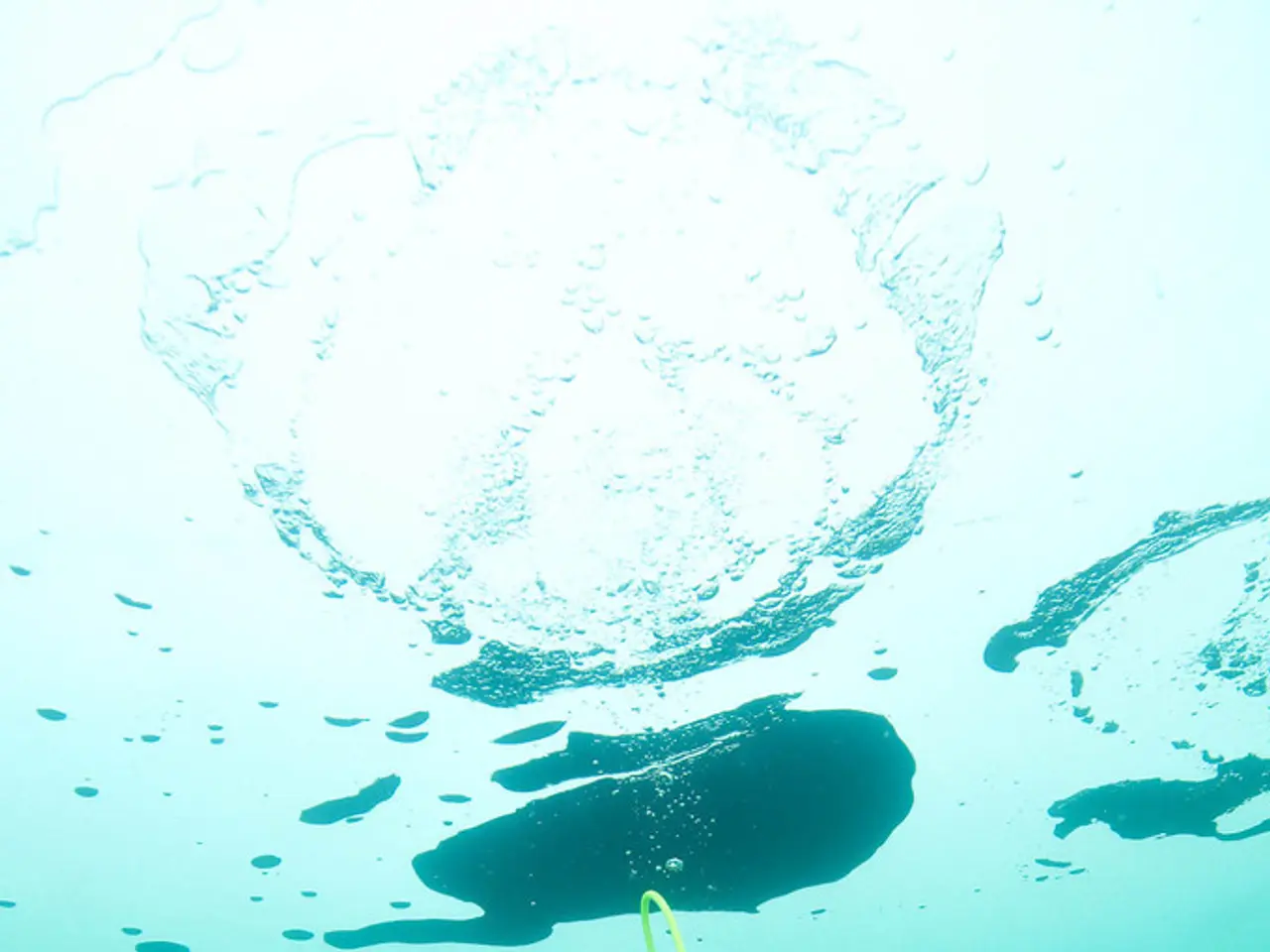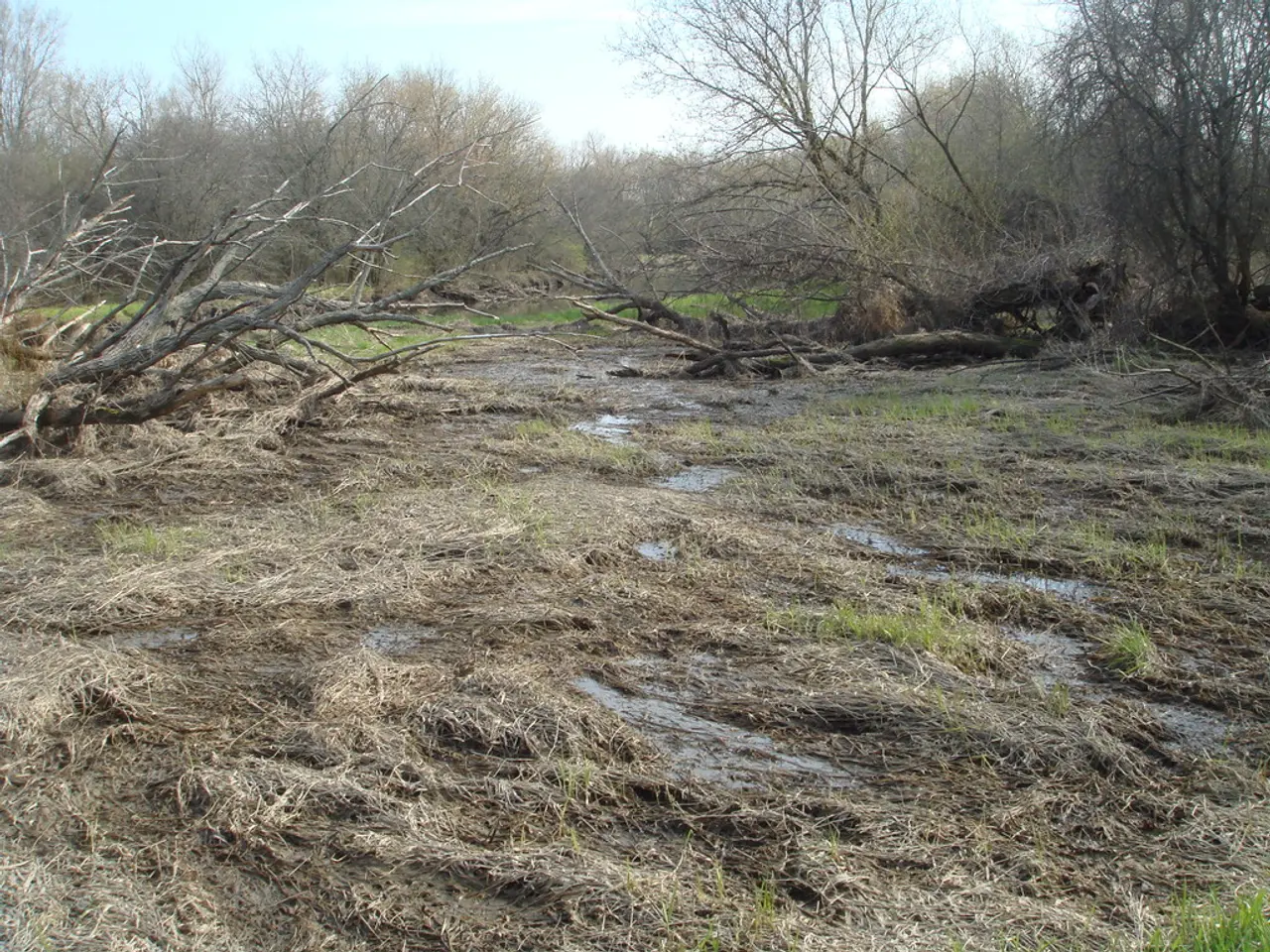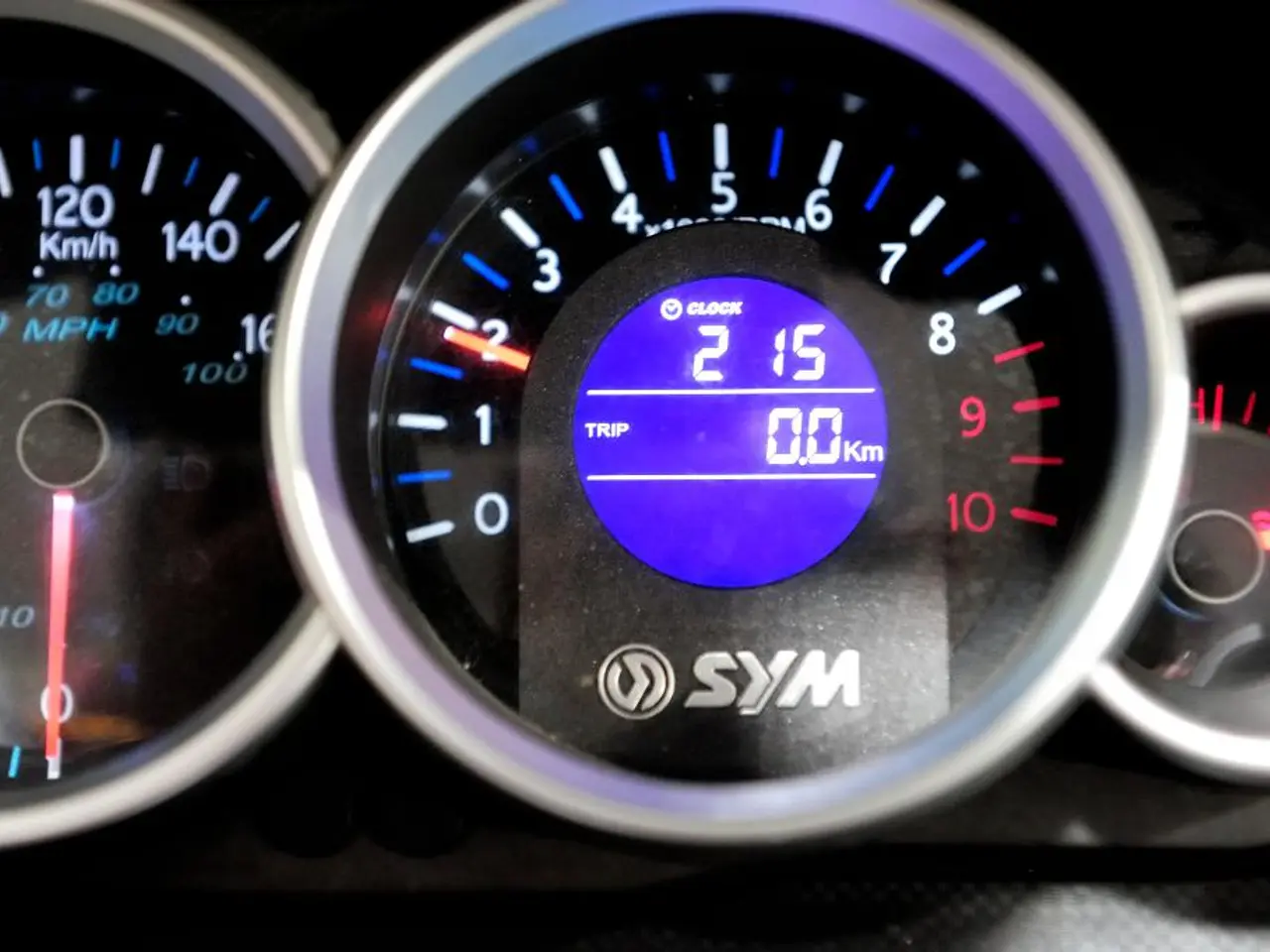Mastering Scuba Diving for Newcomers: An All-Inclusive Starter Manual
Scuba diving offers a unique opportunity to explore the wonders of the underwater world, but it comes with a responsibility to minimize ecological impact and support marine habitats. Here are some recommended practices for scuba divers to follow in order to preserve these precious environments for future generations.
Master Proper Buoyancy Control
Avoid accidental contact with fragile coral reefs, which take decades to regenerate, by mastering proper buoyancy control. This will help you maintain a stable position in the water and move smoothly around the reef.
Avoid Touching Marine Life
Avoid touching or disturbing marine life, including not feeding animals or collecting souvenirs. This prevents habitat damage and behavioral changes that can harm the animals and their ecosystems.
Use Environmentally Friendly Products
Use environmentally friendly, biodegradable sunscreens and products to reduce chemical pollutants harmful to reefs and marine biodiversity.
Choose Sustainable Dive Operators
Prefer dive operators committed to sustainable practices, such as limiting group sizes, enforcing no-touch policies, and promoting environmental education.
Participate in Underwater Cleanup Initiatives
Support and participate in underwater cleanup initiatives and avoid diving on overcrowded “cattle boats” which increase ecosystem stress.
Engage in Citizen Science and Reef Monitoring Programs
Engage in citizen science and reef monitoring programs, such as Reef Check EcoDiver or Green Fins, to contribute data that supports marine conservation strategies and enhances diver awareness.
Follow Established Codes of Conduct
Follow established codes of conduct like Green Fins, which provide specific best practices to minimize damage during diving and snorkeling.
Dive in Marine Protected Areas or Eco-Tourism Destinations
Dive in marine protected areas or eco-tourism destinations that prioritize marine resource protection and responsible tourism management.
Stay Safe and Follow Your Training
If you encounter a marine animal while diving, maintain a safe distance, avoid touching or provoking them, and never feed them. It's crucial to consult a physician who specializes in dive medicine before starting scuba diving training if you have a medical condition.
If you find yourself low on air underwater, signal to your buddy immediately, ascend slowly, and share air if necessary using an alternate air source. Stay calm and follow your training.
Scuba Diving Destinations
The Great Barrier Reef, Australia, Hawaii, USA, the Red Sea, Egypt, the Maldives, and Cozumel, Mexico are famous diving destinations with stunning coral reefs and diverse marine life.
Starting Scuba Diving
Children can start scuba diving as young as 10, but many dive centers recommend starting at around 12-14 for the best experience and maturity level. The cost of scuba diving training varies based on the training center, location, and course level, but expect to pay anywhere from $300 to $600 for basic certification.
To improve your diving skills, practice regularly, take advanced courses, participate in guided dives, and consider joining a diving club. You don't need to be an Olympic swimmer to scuba dive, but basic swimming skills and comfort in the water are essential for safety.
- To avoid contact with fragile coral reefs, master buoyancy control when night diving or wreck diving.
- During snorkeling, refrain from touching or disturbing marine life to prevent habitat damage and behavioral changes.
- Implement advanced diving techniques effectively by using environmentally friendly products to minimize chemical pollutants in the underwater environment.
- Choose scuba diving courses and equipment that promote sustainable practices, ensuring the safety of marine habitats and supporting marine conservation efforts.
- When capturing underwater photography, focus on emphasizing the beauty of marine life while prioritizing the well-being of the creatures and their habitats.
- Engage in sports like scuba diving responsibly by following decompression sickness prevention guidelines, utilizing appropriate diving gear, and respecting marine life.








